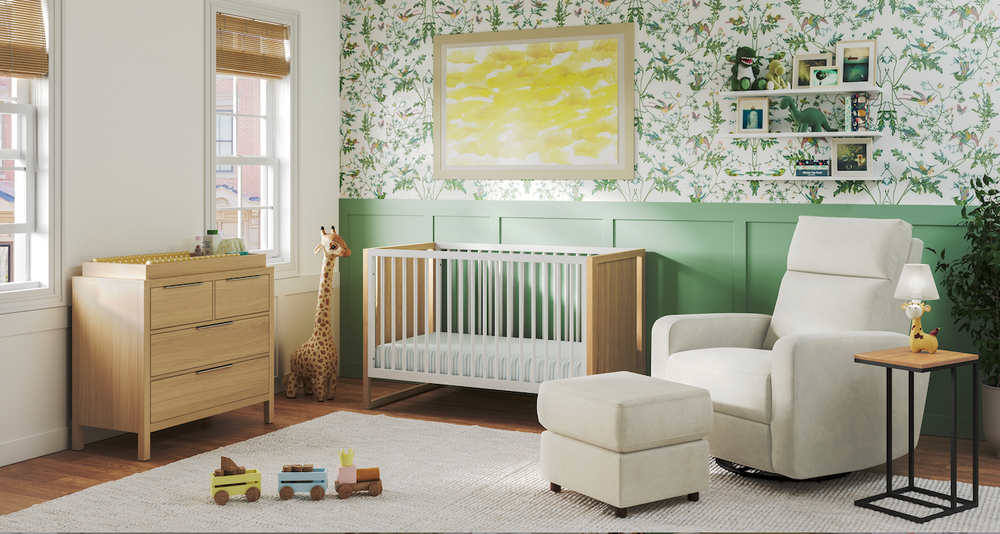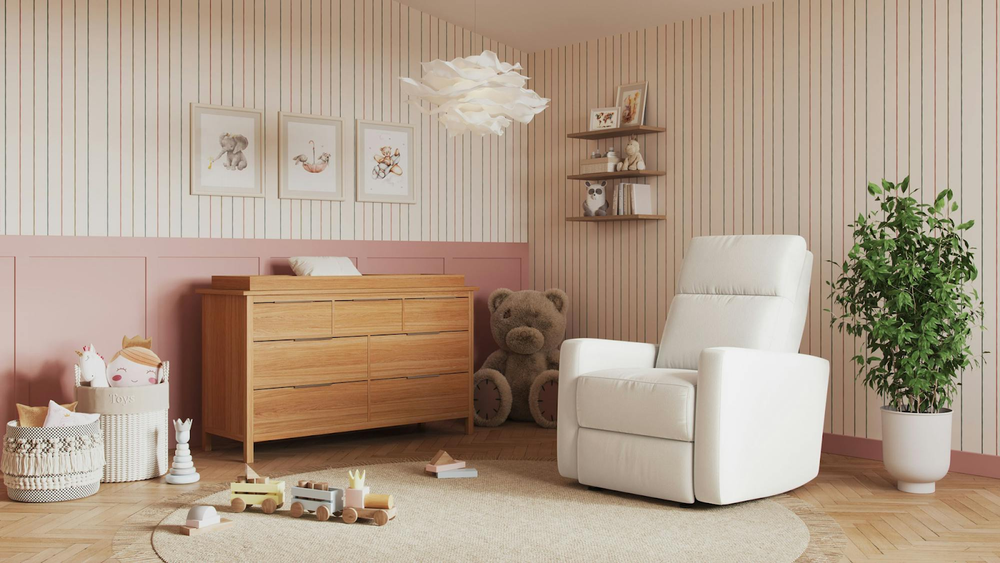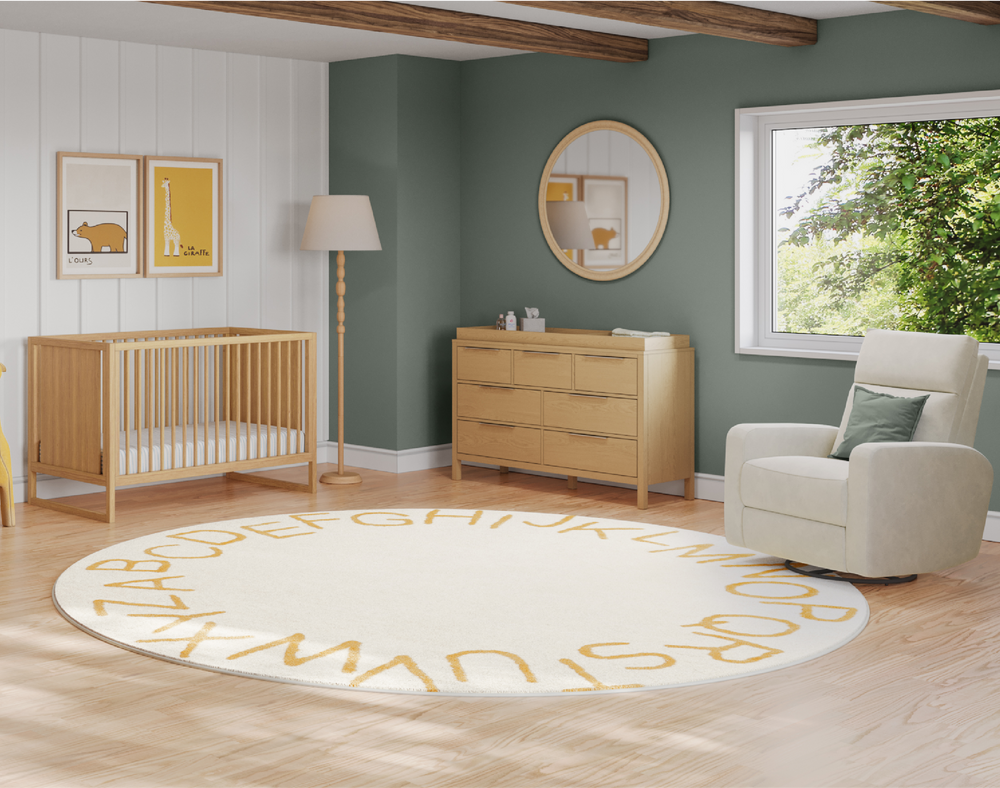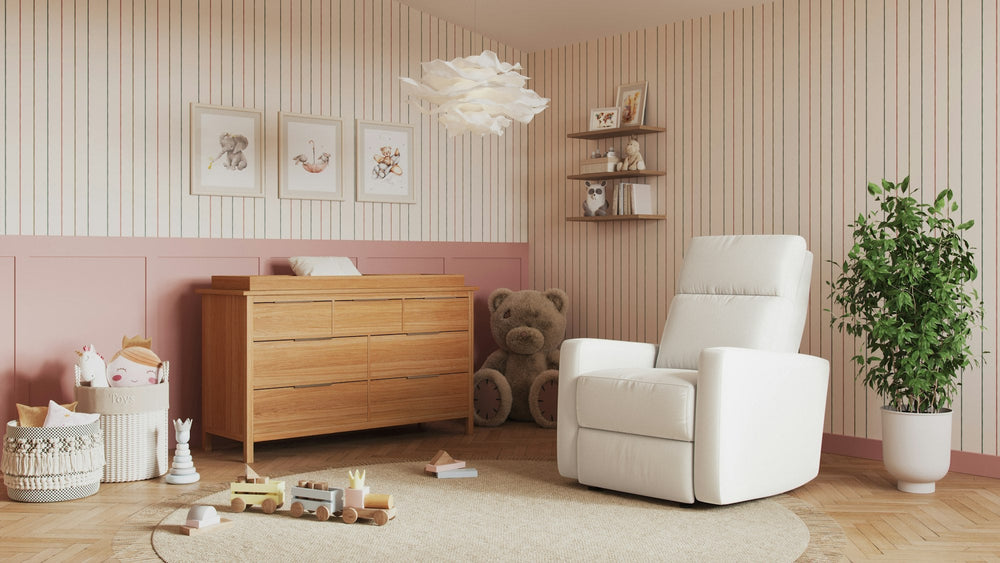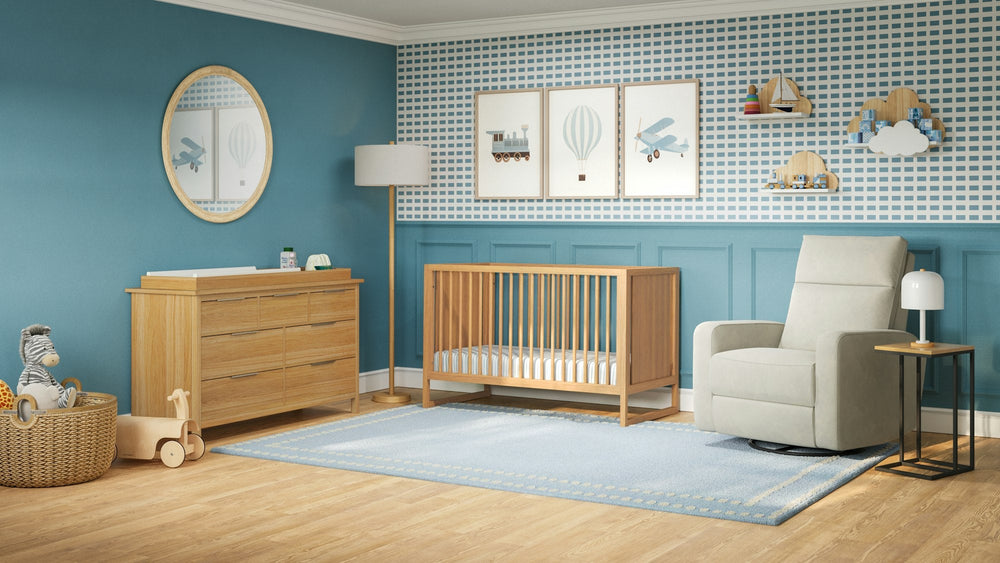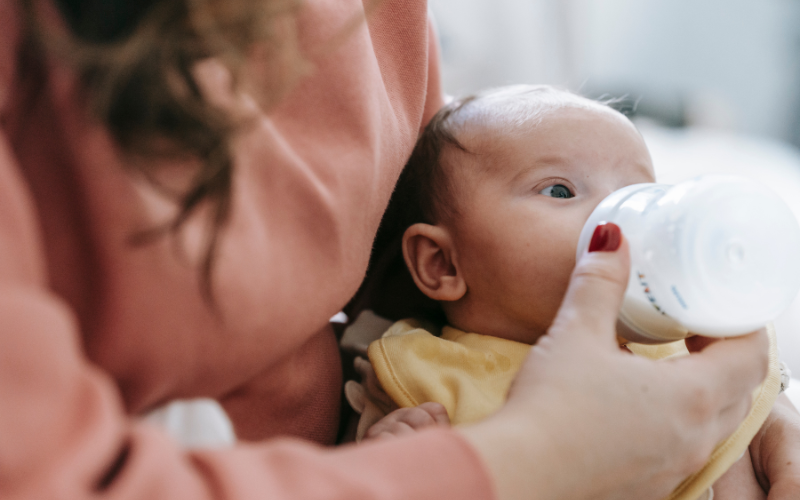
Adding another baby to the family is a life-changing decision for parents. You may consider the timing financially, the age gap between a first and second child, or what kind of support system you’ll have around the time of the baby’s birth.
But maybe you’re also worried about how a second pregnancy could affect your mental health, especially if you struggled with postpartum depression after your first baby was born. This is a valid concern and learning about the risks and resources available can assist you in your decision-making process.
What is Postpartum Depression (PPD)?
Postpartum depression (PPD) is a condition affecting new mothers that is identified by feelings of extreme sadness, hopelessness, worry, or guilt. PPD can surface at any time during the first year of your baby’s life, but the symptoms may last much longer if untreated.

This is different from the more common experience of the baby blues, which can come on strong soon after delivery. You may frequently feel overwhelmed or cry for no reason, but the baby blues usually subside within the first couple of weeks after delivery without treatment. The best way to beat them is to rely on your support system as you get through this phase.
As for PPD, its most severe form is known as postpartum psychosis and is characterized by elevated depression symptoms in addition to insomnia, paranoia, or delusions. Postpartum psychosis requires emergency medical attention since there is a threat to the safety of you and your baby.
How is PPD Different from Postpartum Anxiety?
Postpartum depression and postpartum anxiety can appear together after you give birth to your baby with some overlapping symptoms. Postpartum anxiety typically looks a lot like a generalized anxiety disorder (GAD) or obsessive-compulsive disorder (OCD). Extreme feelings of unrelenting worry and tension can accompany postpartum anxiety along with obsessive thoughts about your baby’s well-being.
Some antidepressants are effective in treating both postpartum depression and postpartum anxiety, but some are not. Be very honest with your doctor about your thoughts and feelings when considering medication to have the best chance of receiving an effective treatment.
Should You Have a Second Baby After Postpartum Depression?
If you suffered from PPD after your previous pregnancy, the thought of going through it a second time might be holding you back from expanding your family. It is possible to have a positive postpartum experience after your next pregnancy, but having a second baby is a personal choice for you and your partner to make. The right answer won’t be the same for everyone. Take your time discussing your options and make a decision you both are comfortable with.

While there’s no guarantee that you’ll dodge postpartum depression the second time around, the first step to preparing for your next baby is being open and honest with your loved ones and healthcare provider. An upfront acknowledgment of your struggles and concerns can guide those who care for you to spot the symptoms of postpartum depression and help you through them.
What are the Chances of Suffering from Postpartum Depression Twice?
A history of postpartum depression is a risk factor for PPD in subsequent pregnancies, but it’s entirely possible that your second postnatal experience is different from your first.
Other factors that can increase the risk of postpartum depression are:
-
Traumatic labor
-
Premature delivery
-
Difficulty breastfeeding
-
Lack of support
-
Your new baby suffering from colic.
-
Financial stress.
It’s more likely that you’ll reach out for support on your own if you’re aware of the risk factors that are present in your birthing experience and personal life. These contributing factors should also be discussed with your partner and other people in your support system so they can help you cope as you navigate the new mom stage of postpartum.
Ways to Prepare for Postpartum Depression a Second Time
You may not be able to prevent a mental health condition like postpartum depression, but you can prepare for it. Create a postpartum plan during your pregnancy that you can follow through with once your baby is born.
Consider these recommendations as you go through the process:
Open communication
With your loved ones could be your best tool to avoid being dragged down by PPD after your second baby is born. Sharing the truth about your fears and concerns with trusted friends and family members will keep you from feeling isolated in your experience.
Utilize your support system
It’s not only first-time parents who need help when they bring a new baby home. With each child that’s added to a family, you’re a new mom all over again and all new parents need extra support.
Set up your postpartum plan with a meal drop-off or cleaning schedule to let your support people know how they can help you. With one less thing to worry about you can dedicate your postpartum time to recovery and parenting.
Confide in your doctors
Your OB-GYN and your baby’s pediatrician are valuable resources in your postpartum period. These health professionals can guide you in the right direction if you’re lacking a support system at home or you need more help than your loved ones can offer.
Lower your expectations for yourself
We live in a fast-paced world, but healing and adjusting to your new normal after your baby is born should be taken slowly. The health of you and your baby, including rest and bonding, are top priorities for the first few months after birth. Everything else can be done later or by someone else.
Remind yourself that you don’t have to—and shouldn’t—try to do it all, and it’s okay to fail at completing your to-do list some days.
Consult a therapist
Speak to someone who specializes in mood disorders like postpartum depression. Individual appointments during your second pregnancy will help you establish a plan for PPD should it resurface once this baby is born. Or join a therapist-led support group with other moms and dads who have gone through this experience before to learn what tools have helped them cope.
Prioritize a healthy lifestyle
throughout your pregnancy and into your postpartum period It’s easy to let your own self-care take a back seat when you’re taking care of a new baby, but eating nutritious foods, drinking plenty of water, and moving your body every day can greatly decrease the risk of falling into the pit of PPD a second time.

Try to incorporate fruits and veggies in all of your meals. Fill up on whole grains and plenty of protein for energy. Whether you feel like getting a full workout in today or taking a walk around the block, even 15 minutes of activity can have a positive effect on your physical and mental health.
Talk to your healthcare provider about medication
Postpartum depression following your previous pregnancy may have already led you to an antidepressant that worked well for your symptoms. In that case, revisit the topic during your second pregnancy to discuss whether you should start taking the antidepressant again now or after delivery.
If you weren’t on medication for PPD the first time, bring it up at your next prenatal appointment so your doctor can give you recommendations to treat your next experience differently.
Your mental health needs just as much care and attention as your physical health during pregnancy and postpartum. Being a mom to your first child is hard work, and adding a second little one into the family brings a whole new set of challenges that can make caring for a mental illness feel overwhelming.
It’s important to remember that struggling with postpartum depression is not your fault and you don’t have to suffer alone. Don’t hesitate to seek the help you need and surround yourself with the people who will help you get there.
If you lack support or simply need another resource, Postpartum Support International is available to help you online and over the phone.

If you’re dealing with other pregnancy-related conditions you can visit the Nurture& Journal to find more helpful information. Shop the Nurture& online store for nursery furniture and baby essentials made to make your postpartum period a little bit easier.



